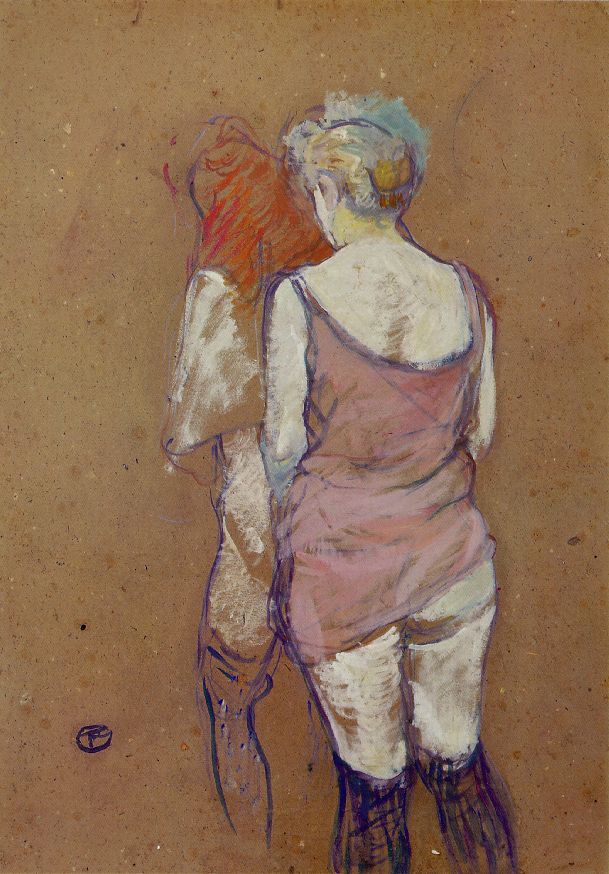Winslow Homer was a celebrated American painter of the 19th century, known for his dynamic depictions of nature and reflections on humanity’s struggle with the sea. “Watching the Tempest” is a watercolor over graphite drawing from 1881 that exemplifies Homer’s art. The artwork captures a tentative encounter in the post-war South, featuring two African-American men watching a violent storm brewing at sea.
Homer’s artistic journey began as a commercial printmaker until he immersed himself in oil painting studies in 1861. His early employment exposed him to the reality of war, which became a watershed moment in his creative growth. This experience influenced Homer’s style characterized by dramatic contrasts of light and dark tones, clean outlines, and lively subjects.
The artwork – “Watching the Tempest” perfectly captures Winslow Homer’s trademark style with its clean outlines and rich color palette showcasing Homer’s mastery for capturing nature in detail while focusing on humanity as well. The importance of this specific piece lies in how it highlights two minority figures witnessing an ominous event returning to slave-owning lands where slavery had been abolished not long before its creation. Overall, “Watching the Tempest” is a noteworthy piece that encapsulates both beauty and history in its distinctive way.



















